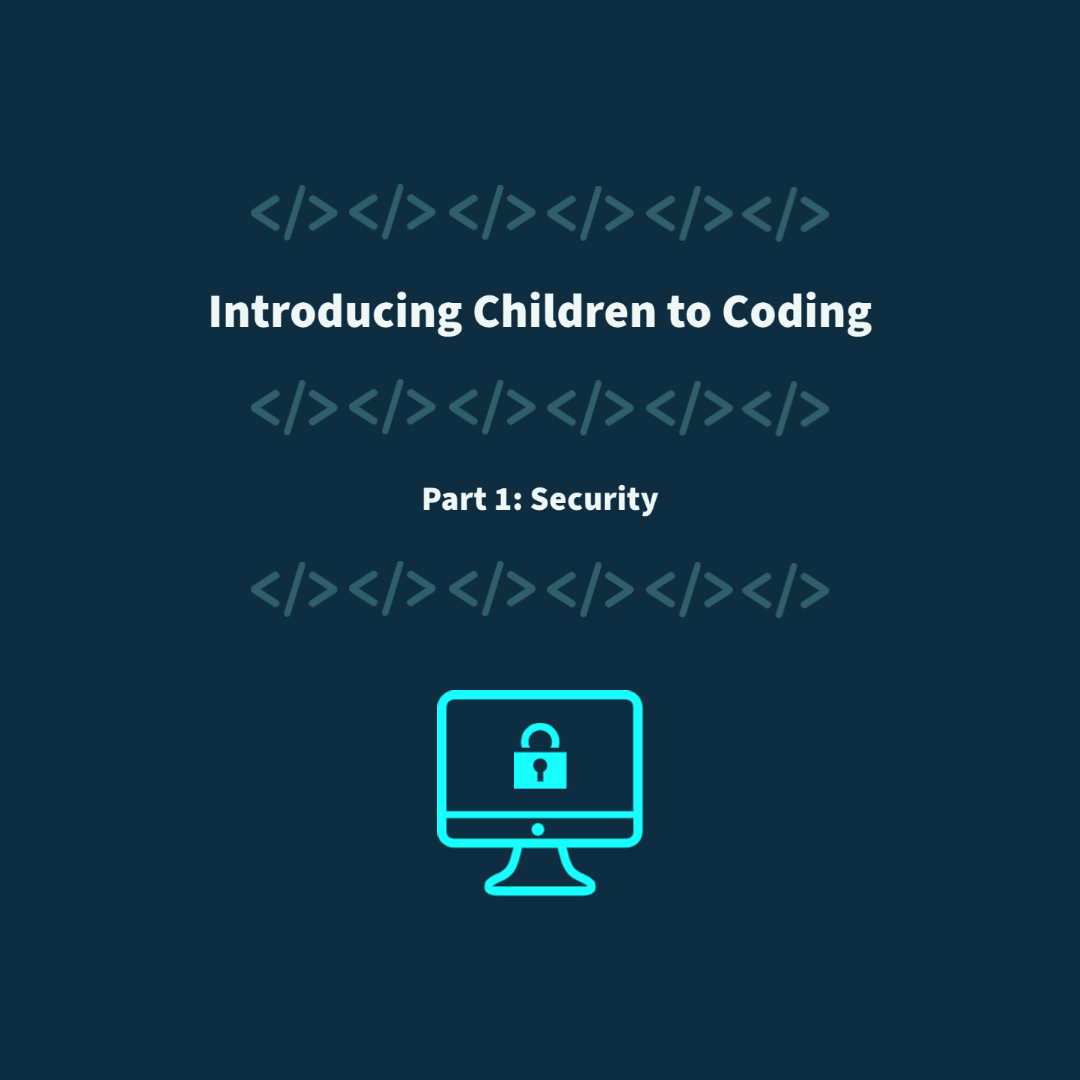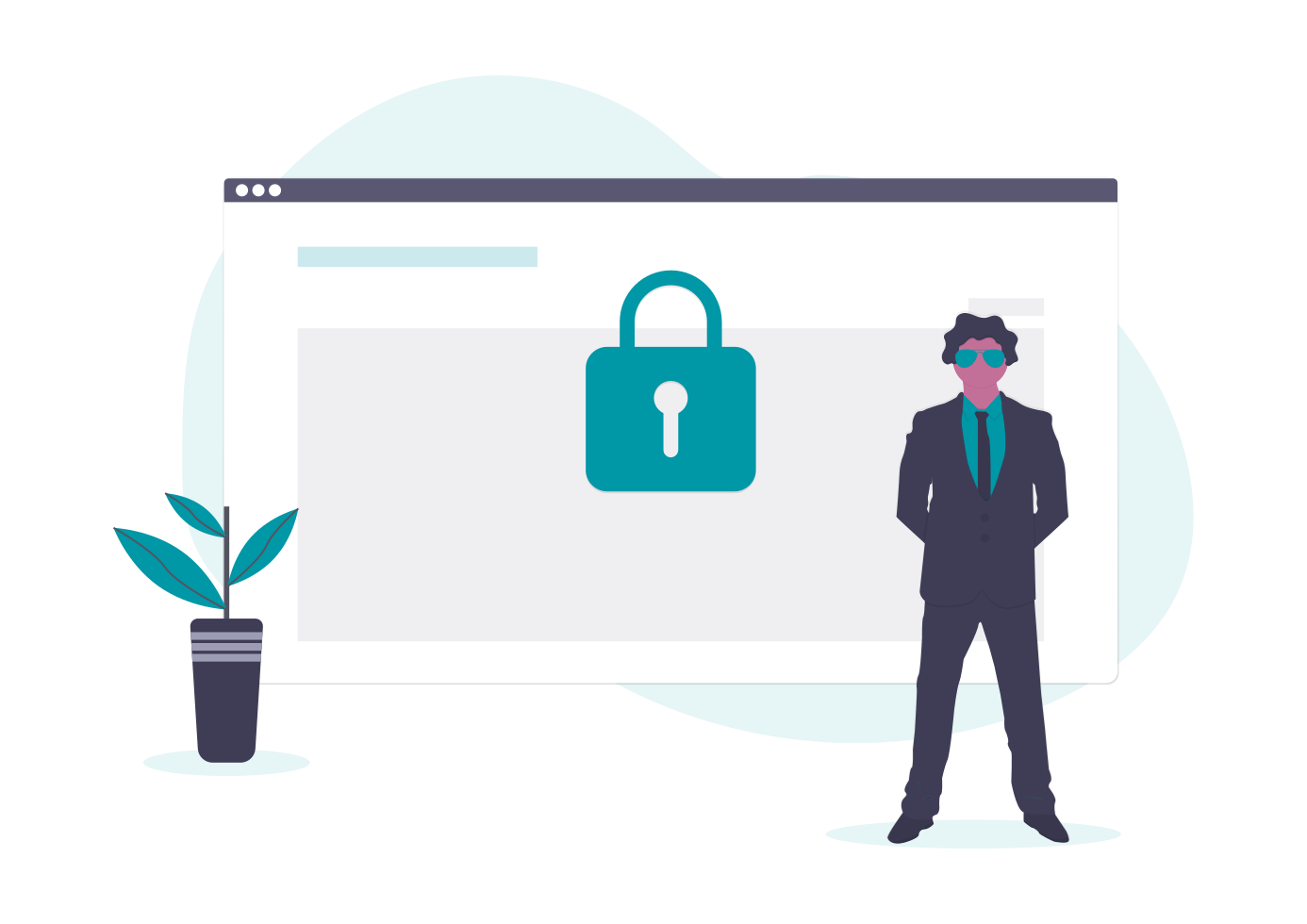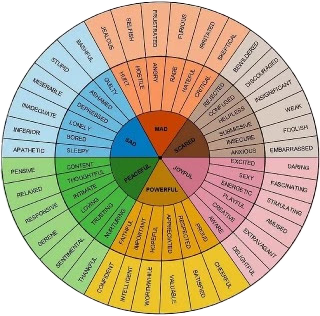Introducing Children to Coding
Part 1: Security

Amidst the current media hype surrounding WhatsApp and our privacy and security, it felt like an appropriate time to tag on to the conversation. Let’s take a quick look into why this is important, for all of us, and what we can do to educate ourselves.
The fact that WhatsApp has been sharing data with Facebook and its other brands isn’t anything new. Their mistake was updating the terms of service and shining a light upon all of it. In fact, one of the co-founders of WhatsApp left the company, citing decisions made by Facebook as a driving factor, and made a significant donation to a new encrypted messenger app at the time called Signal.
Why does this matter?
The purpose of encrypted messengers is to provide us a secure way of sending messages to one another without them being easily intercepted or stored in plain text. In simpler terms, the only people who can read the messages or view the attachments you send are you and the recipient(s). Unless someone physically gains access to the device that you or the recipient(s) are sending and receiving the message from, you can feel safe knowing it’s secure. (Simple… right?) But when your encrypted messenger is sharing your data with other companies, even if it’s just a portion of it, doesn’t this defeat the purpose?
So, how does this relate to children?
Without diving too deep into more technical jargon, the social media giants have built their business models upon harvesting our data. This includes kids, if they’re given access to the platforms. They then use this data to create a profile on us, which is shared or sold off to marketers for targeted ad campaigns. Meanwhile, in order to generate more views, the algorithms that run these platforms tend to push content on us that will generate some form of response or emotion, all providing them with more data. Since we as adults fall victim to these tactics, and it has even affected elections all around the world, it’s a conversation that we can no longer avoid.

How can we defend ourselves?
The best way we can defend ourselves is through education. Now that there have been major documentaries and court cases exposing the true nature behind these business models, it falls on us to learn from the available information. While I believe that government regulations are certainly needed, and the ones currently on the table aren’t exactly enough, we can’t keep placing the responsibility in someone else’s hands. Sure the big companies shouldn’t be taking so much of our data, sure the government should step in and regulate, but ‘should’ doesn’t help us now.
Why teach ourselves?
One thing that Covid has done is accelerate the transition to newer technologies. From grocery delivery and curbside pickup, to robo-advisors, and all the way to video chats with your doctor instead of in-person appointments, we’ve all used some form of new app or technology and its related service through this pandemic. With an emerging technology called blockchain, we’re about to witness another massive leap forward. The reason so many of us fall victim to some of the tricks above is that we don’t know much about the technology we’ve grown so accustomed to. This reaches all the way up to politicians who, in some cases, could barely explain how the internet works, yet they’re the ones interrogating the CEO’s on national television. With this lack of understanding, and the safeguards in our government systems which force a slow process in order to avoid making rushed decisions, the system simply cannot keep up with the advancements.
Introduce your child to coding
Before I go sounding all doom and gloom, I want to point out that there are many people working to correct this. And with the adoption of new technologies, like the blockchain I mentioned earlier, some of these tactics being employed on us will no longer be viable. I’ve recently taken it upon myself to learn how I can contribute to a safer internet, and encourage anyone else who is interested in doing the same. This is also a great time to mention that introducing your child to coding at a young age has many benefits. Like learning a new language, it opens the brain up to new ways of thinking. It also encourages creativity, similar to painting or writing, because it allows them to create something that they can see and share with others. By learning how these technologies work, they’ll also be better prepared to spot nefarious apps and websites while connected to the internet. Perhaps, they’ll even share that information with you.

Final thoughts
We’re growing more and more reliant on technology by the day, and there’s no end to this in sight. Many of these technologies and services and the businesses that run them are still largely unregulated. Imagine buying meat from a factory that didn’t allow inspectors inside to ensure it met our safety standards. Now, this isn’t a one-for-one comparison, but it’s more alike than not. It would be wise to take the time to do a little more research for yourself into the topic, so that you can use that knowledge to safeguard yourself and your family from the growing level of misinformation, polarization, and distraction that are currently plaguing the internet.
Scotty D
Links
iMessage:
Reset Book:
- https://www.chapters.indigo.ca/en-ca/books/product/9781487008055-item.html?s_campaign=goo-Shopping_Smart_Books&gclid=CjwKCAiAgc-ABhA7EiwAjev-jwqcGazDGYDG2yJinahkoHvBfvjivXHg3u8YGuTRv-3z55DB2uMzrhoCy20QAvD_BwE&gclsrc=aw.ds
- https://www.amazon.ca/Reset-Reclaiming-Internet-Civil-Society/dp/1487008058
- https://www.goodreads.com/book/show/51236404-reset#:~:text=In%20the%202020%20CBC%20Massey,%2C%20the%20environment%2C%20and%20humanity.
Signal:
Introducing Children to Coding
Part 1: Security
Amidst the current media hype surrounding WhatsApp and our privacy and security, it felt like an appropriate time to tag on to the conversation. Let’s take a quick look into why this is important, for all of us, and what we can do to educate ourselves.
The fact that WhatsApp has been sharing data with Facebook and its other brands isn’t anything new. Their mistake was updating the terms of service and shining a light upon all of it. In fact, one of the co-founders of WhatsApp left the company, citing decisions made by Facebook as a driving factor, and made a significant donation to a new encrypted messenger app at the time called Signal.
Why does this matter?
The purpose of encrypted messengers is to provide us a secure way of sending messages to one another without them being easily intercepted or stored in plain text. In simpler terms, the only people who can read the messages or view the attachments you send are you and the recipient(s). Unless someone physically gains access to the device that you or the recipient(s) are sending and receiving the message from, you can feel safe knowing it’s secure. (Simple… right?) But when your encrypted messenger is sharing your data with other companies, even if it’s just a portion of it, doesn’t this defeat the purpose?
So, how does this relate to children?
Without diving too deep into more technical jargon, the social media giants have built their business models upon harvesting our data. This includes kids, if they’re given access to the platforms. They then use this data to create a profile on us, which is shared or sold off to marketers for targeted ad campaigns. Meanwhile, in order to generate more views, the algorithms that run these platforms tend to push content on us that will generate some form of response or emotion, all providing them with more data. Since we as adults fall victim to these tactics, and it has even affected elections all around the world, it’s a conversation that we can no longer avoid.


How can we defend ourselves?
The best way we can defend ourselves is through education. Now that there have been major documentaries and court cases exposing the true nature behind these business models, it falls on us to learn from the available information. While I believe that government regulations are certainly needed, and the ones currently on the table aren’t exactly enough, we can’t keep placing the responsibility in someone else’s hands. Sure the big companies shouldn’t be taking so much of our data, sure the government should step in and regulate, but ‘should’ doesn’t help us now.
Why teach ourselves?
One thing that Covid has done is accelerate the transition to newer technologies. From grocery delivery and curbside pickup, to robo-advisors, and all the way to video chats with your doctor instead of in-person appointments, we’ve all used some form of new app or technology and its related service through this pandemic. With an emerging technology called blockchain, we’re about to witness another massive leap forward. The reason so many of us fall victim to some of the tricks above is that we don’t know much about the technology we’ve grown so accustomed to. This reaches all the way up to politicians who, in some cases, could barely explain how the internet works, yet they’re the ones interrogating the CEO’s on national television. With this lack of understanding, and the safeguards in our government systems which force a slow process in order to avoid making rushed decisions, the system simply cannot keep up with the advancements.
Introduce your child to coding
Before I go sounding all doom and gloom, I want to point out that there are many people working to correct this. And with the adoption of new technologies, like the blockchain I mentioned earlier, some of these tactics being employed on us will no longer be viable. I’ve recently taken it upon myself to learn how I can contribute to a safer internet, and encourage anyone else who is interested in doing the same. This is also a great time to mention that introducing your child to coding at a young age has many benefits. Like learning a new language, it opens the brain up to new ways of thinking. It also encourages creativity, similar to painting or writing, because it allows them to create something that they can see and share with others. By learning how these technologies work, they’ll also be better prepared to spot nefarious apps and websites while connected to the internet. Perhaps, they’ll even share that information with you.
Final thoughts
We’re growing more and more reliant on technology by the day, and there’s no end to this in sight. Many of these technologies and services and the businesses that run them are still largely unregulated. Imagine buying meat from a factory that didn’t allow inspectors inside to ensure it met our safety standards. Now, this isn’t a one-for-one comparison, but it’s more alike than not. It would be wise to take the time to do a little more research for yourself into the topic, so that you can use that knowledge to safeguard yourself and your family from the growing level of misinformation, polarization, and distraction that are currently plaguing the internet.
Scotty D
Links
iMessage:
Reset Book:
- https://www.chapters.indigo.ca/en-ca/books/product/9781487008055-item.html?s_campaign=goo-Shopping_Smart_Books&gclid=CjwKCAiAgc-ABhA7EiwAjev-jwqcGazDGYDG2yJinahkoHvBfvjivXHg3u8YGuTRv-3z55DB2uMzrhoCy20QAvD_BwE&gclsrc=aw.ds
- https://www.amazon.ca/Reset-Reclaiming-Internet-Civil-Society/dp/1487008058
- https://www.goodreads.com/book/show/51236404-reset#:~:text=In%20the%202020%20CBC%20Massey,%2C%20the%20environment%2C%20and%20humanity.
Signal:








[…] my last article, I commented on the current events surrounding WhatsApp and Signal, and I spoke on how this affects […]